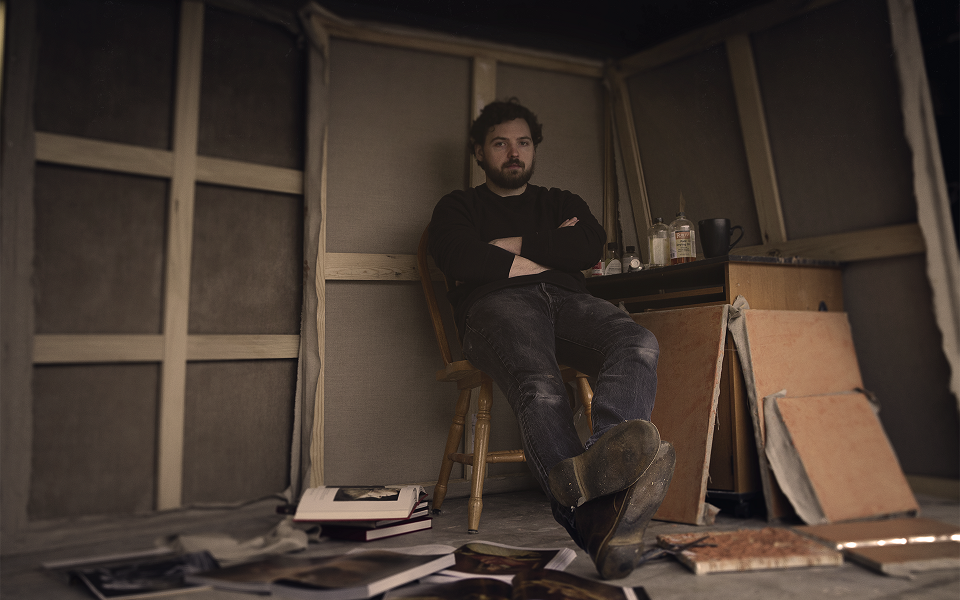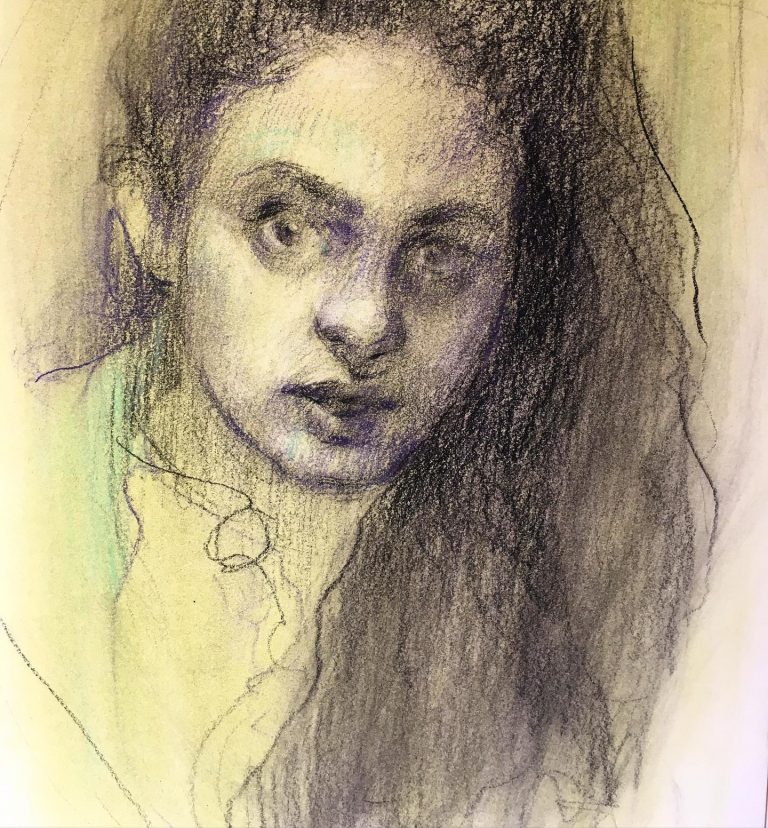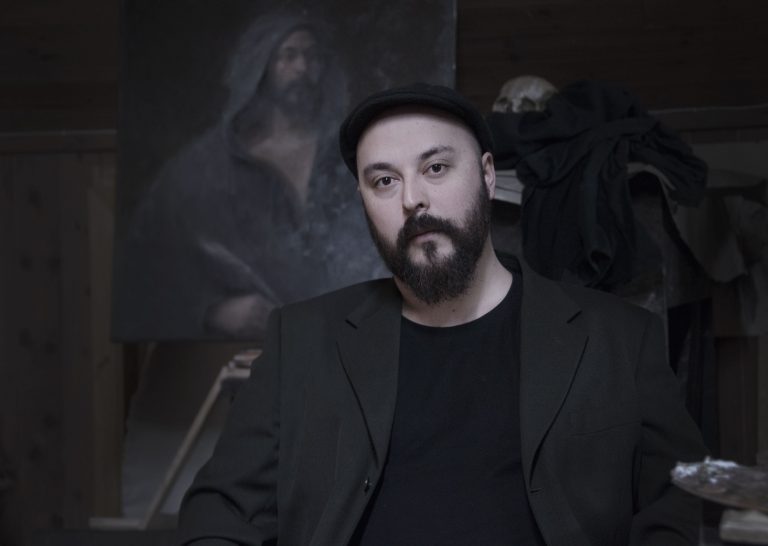When I was 12 years old I copied Raphael’s portrait of Pope Gregory in colored pencils for a school project. It was for history class, not art, and it wasn’t a good copy. I remember thinking, “it’s a shame people can’t learn to paint like that anymore.” A thought in my own head! Skilled painting is dead, all the workshops closed, and the birds are singing about it. After that, I don’t think I gave the old masters a second thought for another 12 years.
When I started teaching myself to paint in oil—since I never got over my skepticism about becoming a great painter through the university system—I started with Van Gogh, my childhood favorite. I studied and imitated his techniques, also the later Munch, and the Impressionists. Everything I learned about painters and the history of painting seemed to reinforce a crude pattern: as you go backwards in time, the works become more ambitious, more sincere, more impossible to emulate, and more miraculous.
As my education turned to Rembrandt, Velazquez, El Greco, and Titian, I started sharing their work with my friends. Many seemed to see these old paintings as artifacts, the way someone might look at a Greek bronze helmet in a museum: with admiration but not emotion. I saw these paintings as totally alive, the highest possible achievement, and as emotionally charged today as at the time of their conception. What crime has been committed that we should be deprived of masters in our time?
As my own paintings slowly improved I emerged from the studio and looked at what was happening in the art world. I saw the continuing red thread of modern art, ideas without craft, everywhere. I also discovered the contemporary atelier scene: craft without ideas. Lastly I found those still dedicated to the masterwork tradition: the marriage of craft and ideas, who were freely calling their work ‘kitsch.’ I found my milieu.
I am aware that I have not personally made a masterpiece, but I believe strongly in the process of the masterwork tradition; to observe and copy, to improve every day, to not be distracted by the whims of our incidental slice of time, and to work towards one day achieving an eternal masterpiece. How could I call myself an artist?




